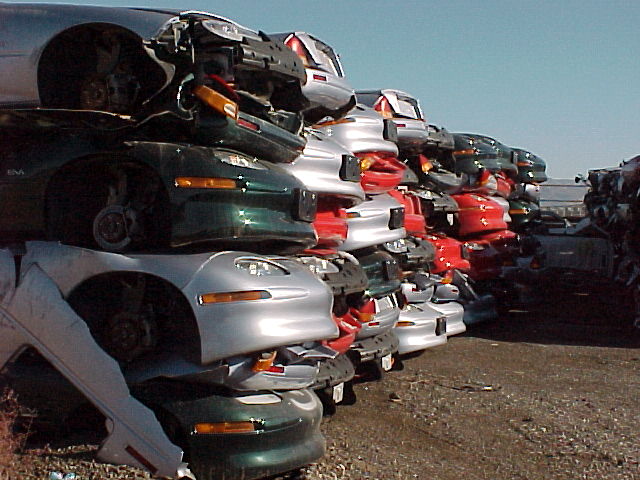There's tweet from EM talking about losses in cold weather-OT
Seriously, what is up with this denialism?
It doesn't make sense from a physics standpoint why it would stop at 68%. The air keeps getting denser, and the climate control draw keeps getting higher. Primary source of range loss is from cold is from aero drag. Not only that, but the scenario you proposed above of very very long drives getting more efficient doesn't even hold up - since the acquisition of CAN bus reader I can tell the drivetrain waste heat becomes insufficient to drive the pack to optimal range temperature (~42C) under certain ambient temperatures.
And I will repeat again, I have confirmed my energy usage experience with MULTIPLE loaners. My car is not unfamiliar with the inside of a Tesla shop. If 2 years of hard data and multiple anecdotal information is not good enough, maybe watch some of TeslaBjorn's videos where he documents his reported usage.
Frankly, if there's something "wrong" with my car and a subtle enough way to affect range ONLY in the cold like this, then Tesla software should have already detected and alerted over the situation.
But, my car is fine.
Elon Musk on Twitter
I was concerned myself as we didn't really have cold temperatures in CO yet and today for the first time I drove to ski to the mountains. From elevation 5.4k feet to 11k. 81 miles away. From ~40F to 16F in the mountains. I charged to 300 miles and was really worried as I was driving to destination b/c remaining range was dropping quickly as I was getting close. Most of the way I drove high speed 65-75mph(traffic speed), but road conditions got bad up in the mountaints and traffic slowed, so I turned off heat sometimes to save energy as I didn't know how long I'd sit in traffic. The drive took over 2 hours w/ the jam. When I parked I had 185 miles left.(i.e. 115 spent for 81) So, the car sat 6 hours in 16F. When I got back in, it showed 175 miles left. But, going back downhill it hardly used the range. When I got home, I had 120 left.
I.e. 180 spent for 162 miles round trip w/ cold weather. I was pretty impressed considering the extra heating. And did not see much deviation from what EM said. Maybe in colder temperatures. M3 AWD.
Last edited:












